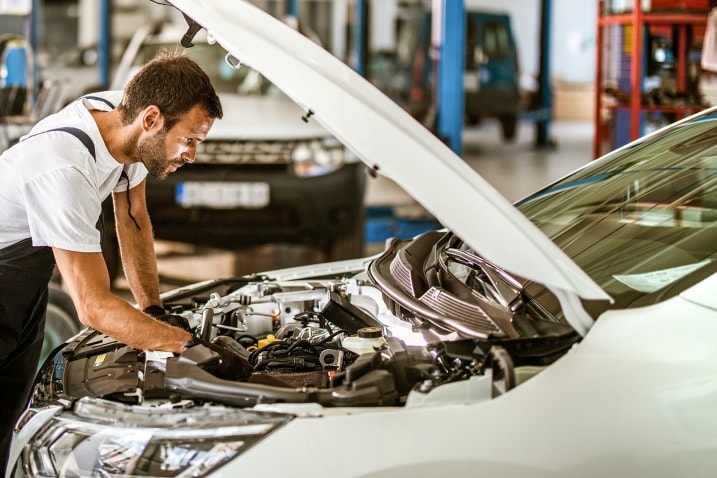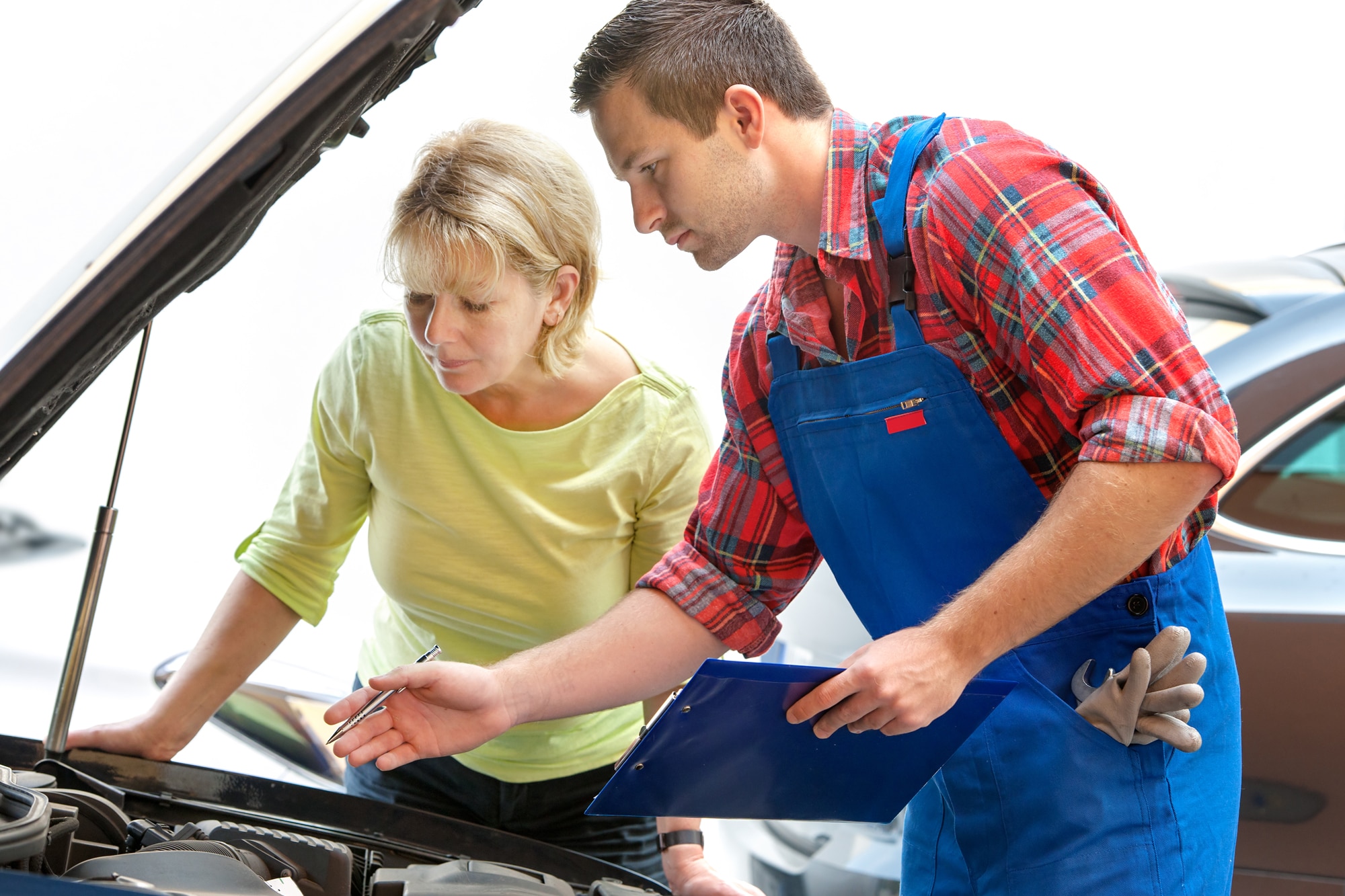All Categories
Featured
When your vehicle experiences a significant break down, the cost of repairs can be a complicated financial factor to consider. Whether it's the failure of a critical system like the engine or transmission, or the demand for extensive repair work to different components, understanding the aspects that influence repair service expenses can help you make even more informed choices. Below, we describe the essential variables that add to the expense of significant automobile repair work.
![]()
![]()
![]()
Conclusion. Several elements influence the price of major car fixings, including the type of repair, the make and design of your automobile, the quality of the components used, labor costs, and the degree of the damages. Understanding these elements can help you make more informed choices and plan for the economic effects of car repair work.

- Kind of Repair. The main aspect influencing the price of automobile repair work is the sort of problem your vehicle is experiencing. Some repair services are a lot more budget-friendly and uncomplicated, such as replacing a battery or alternator. Various other fixings, like repairing a malfunctioning transmission or attending to an extreme engine problem, can be much more expensive due to the complexity and specialized labor needed. Specific systems in a cars and truck, like the engine or transmission, call for even more time to repair and identify, which directly translates right into greater labor costs. In addition, some troubles, such as electrical concerns or cooling malfunctions, might involve troubleshooting that enhances the overall cost.
- Automobile Make and Design. The make and version of your automobile plays a significant role in establishing fixing prices. High-end vehicles and high-performance lorries like BMWs, Audis, or Mercedes-Benz often tend to have higher repair service prices as a result of their specialized components, advanced modern technology, and the experience needed for their repair. The availability of components can additionally enhance the cost; parts for unusual or international versions are often a lot more costly to resource than those for domestic automobiles like Ford or Chevrolet. In addition, some automobiles, specifically those with distinct or sophisticated systems, might call for specific technicians or devices, including to the general repair service price.

- Components High Quality and Schedule. The top quality of the components made use of in the fixing significantly impacts the cost. In some cases, more affordable aftermarket parts could reduce the general repair service price, but they may not give the exact same long life as OEM components, which can result in added repair work down the roadway. If parts are tough to locate, it may take longer to complete the fixing, leading to greater labor costs.
- Labor Expenses. Some repair work, such as engine overhauls or transmission fixes, may require numerous hours or also days of labor, dramatically boosting the total cost. Labor prices additionally depend on the area of the repair shop-- auto mechanics in urban areas or high-demand locations may bill greater prices due to the expense of living and expenses.
- Extent of the Damages. The degree of the damages is another important element affecting repair prices. If the damages is restricted to one part of the lorry, such as a damaged alternator or malfunctioning brake pads, the fixing will generally be more economical. Nevertheless, if the issue is more serious and influences numerous systems, such as a transmission failure that likewise damages other parts, the price will rise. Comprehensive damage may likewise call for the replacement of numerous parts, which increases both the cost of parts and labor.
- Car Age and Condition. The age and general problem of your car play a significant function in the price of repair work. Well-maintained cars tend to have reduced repair service costs due to the fact that their systems are in far better working condition, requiring fewer and much less pricey repairs.
- Store Location and Credibility. The repair work store you select can also affect the cost of your repair work. Furthermore, repair work shops that specialize in specific brands or types of fixings may bill much more for their knowledge.

- Service Warranty and Insurance Coverage. If your cars and truck is still under service warranty, major repairs might be covered, which can considerably reduce your out-of-pocket expenses. Furthermore, if the damages is caused by a crash or exterior element, your vehicle insurance policy could cover the fixing costs, much less any deductible.
Conclusion. Several elements influence the price of major car fixings, including the type of repair, the make and design of your automobile, the quality of the components used, labor costs, and the degree of the damages. Understanding these elements can help you make more informed choices and plan for the economic effects of car repair work.
Latest Posts
Picking the Right Location: What to Take into consideration for Wedding Celebrations, Meetings, and Occasions
Published en
1 min read
Choosing the Right Location: What to Consider for Weddings, Conferences, and Occasions
Published en
1 min read
Picking the Right Location: What to Take into consideration for Weddings, Conferences, and Events
Published en
1 min read
More
Latest Posts
Picking the Right Location: What to Take into consideration for Wedding Celebrations, Meetings, and Occasions
Published Mar 26, 25
1 min read
Choosing the Right Location: What to Consider for Weddings, Conferences, and Occasions
Published Mar 14, 25
1 min read
Picking the Right Location: What to Take into consideration for Weddings, Conferences, and Events
Published Mar 12, 25
1 min read